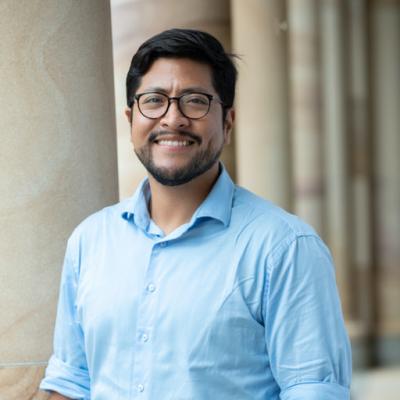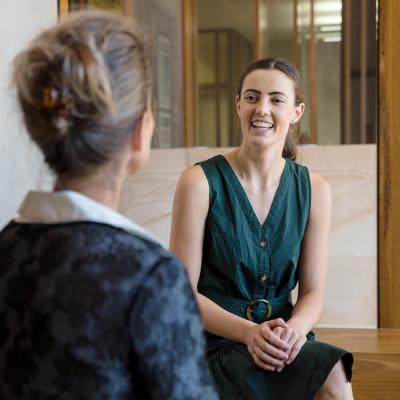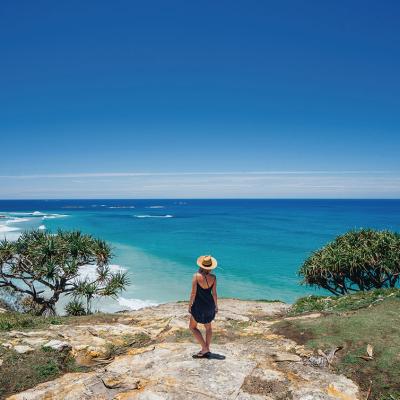UQ Master of Public Health graduate Victor Gallegos Rejas wants to bring out the best in himself and all those who cross his path. That ambition led him to take on several life-defining challenges.
Imagine leaving the high-tech surroundings of a hospital in your capital city for a disadvantaged region where some people don’t have access to healthcare.
That was the situation I faced when I graduated from my medical degree in Lima, Peru and took an assignment with the Ministry of Health in a region called Madre de Dios, a sparsely-populated area on Peru’s eastern border. Madre de Dios translates literally to ‘Mother of God’ in English and sits in the Amazon Basin.
I also spent time working in the neighbouring region of Cusco, a mountainous area many would recognise as the historic centre of the Incan Empire and home to Machu Picchu.
What I learnt from working in these regions
My experiences of working in regions with rudimentary resources were truly amazing. I underwent an incredible amount of personal and professional growth.
When I arrived in Cusco as a doctor for a high-performance sports centre – mainly for mountain biking and athletics – I essentially started with an office that was 5 square metres and not a lot else. When I finished my tenure, we had facilities covering more than 460 square metres.
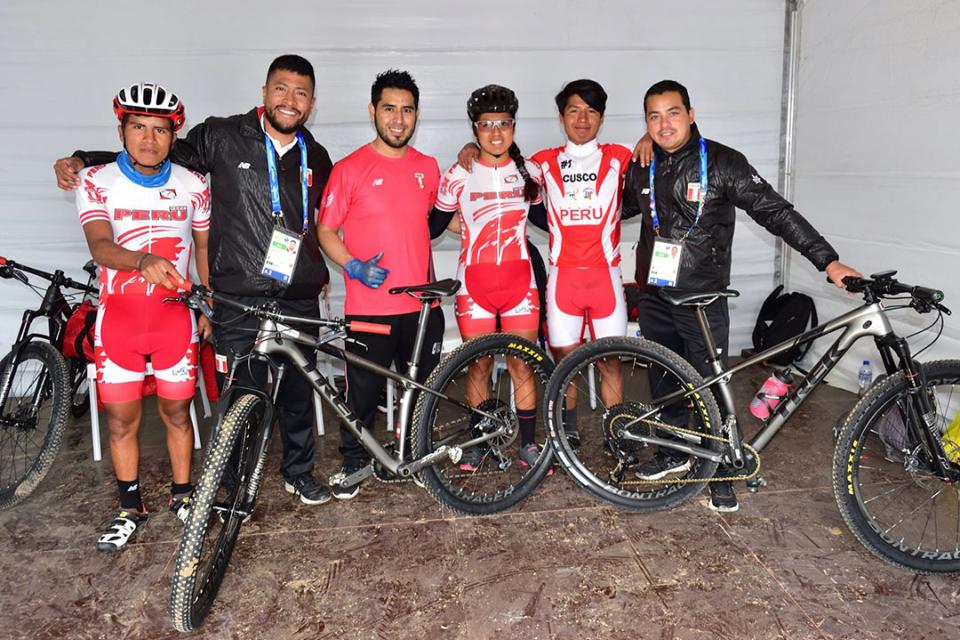
I had to develop a lot of my soft skills, like communication and negotiation, in order to form partnerships with government authorities and organisations, and upgrade our equipment and service delivery. The high-performance centre had ground to a halt over the previous 8 years, and we had to administer ‘life support’ and give the community back something of use and value.
You can trace my decision to transfer from medicine to public health research back to these formative years.
I realised that administering medicine was not nearly enough to solve the major problems surrounding me in the community. I needed to address wider contextual factors.
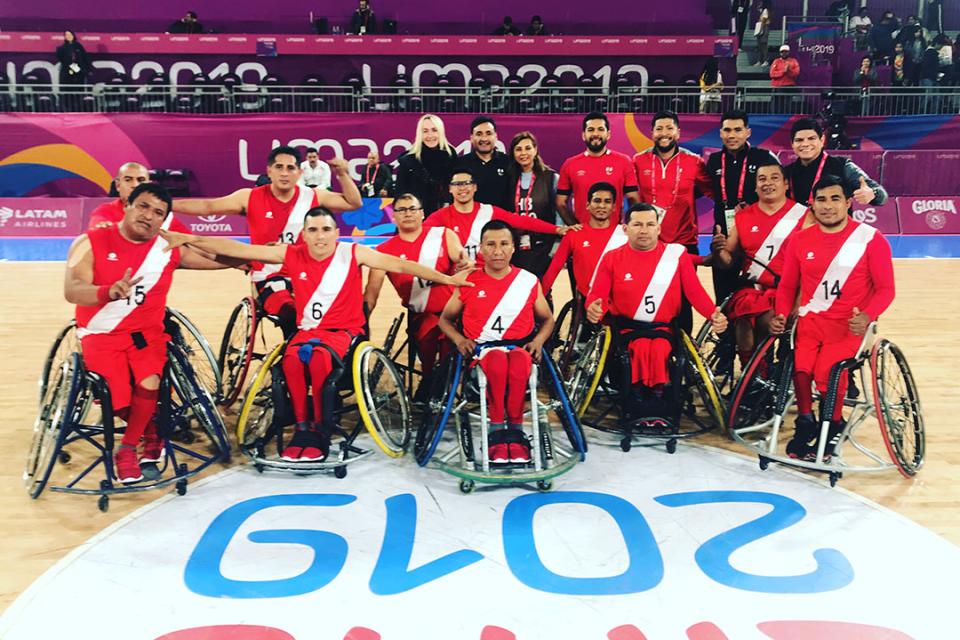
What led me to my UQ PhD?
So, how did I end up at UQ completing a PhD in telehealth, cardiovascular disease, health equity and cardiac rehabilitation?
Well, I’d always been fascinated with the Asia-Pacific region but not specifically Australia. It wasn’t like I was intent on finding my way to Australia.
Truthfully, the reason I first enrolled for a Master of Public Health at UQ was because I was looking for a great program of world-class standard. UQ led me to Australia, not the other way around.
UQ also had an office in Peru and the people there made the application process so much easier. If I wasn’t given assistance by them, who knows, maybe I would have ended up somewhere else.
I’m really passionate about reducing inequities in public health and solving broader problems. Whether the inequity presents itself in people from a certain social economical status, ethnic background, gender, education level or those who are medically underserved, I want to be part of finding a solution.
The Adamantium Project
It’s important to me that I maintain links with my homeland Peru, and one of the ways I do that is via an organisation I started: the Adamantium Project.
The Adamantium Project connects me with other medics in Peru, and I offer mentorship and consultancy, mainly in physical activity and healthy lifestyle.
You may have guessed from the title of my organisation (adamantium is an almost indestructible metal bonded to the skeleton of X-Men character Wolverine) that I really like the story behind Marvel comics and movies.
The thought behind the name is that inside us all is a strength that cannot be conquered. I want to bring that strength to the surface for individuals and communities that I work with.
Learn more about the Master of Public Health.


